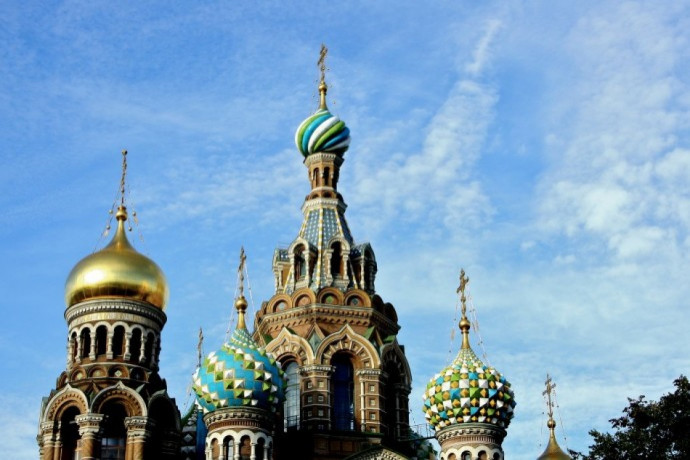Destination Russia: Will the country emerge as the next hot spot for MBAs?

A recent QS TopMBA Jobs Index puts Russia ahead of its Western Europe counterparts as a hot MBA recruitment destination. Retaining the momentum in hiring for the second year running, it has shown a steady 22 per cent growth in MBAs recruited.
With abundant natural resources, a strong manufacturing base and a resurgent retail and financial sector, Russia is poised to make the transition to the next level of growth and needs the right supply of talent and professional skills to emerge as a leading global player. In a bid to regain its past glory, the country is looking at MBAs to drive its business and economy.
Russian companies are increasingly waking up to the fact that while young, ambitious University-educated Russians can be very successful in driving business in the local context, to compete in an increasingly global marketplace, professionals with thorough training in business fundamentals are a critical requirement, especially at middle and senior management levels.
Post crisis, Russia is witnessing renewed job creation in the managerial cadre in sectors such as manufacturing, energy and metals, as well as those that are traditionally dominated by western companies such as pharmaceuticals, technology, banking and investment. There are also many consultants in finance gravitating towards Russia.
In general, more open the industry and higher the competition, greater is the demand therein for MBA graduates. Thus industries such as food processing, oil, raw materials, and service industries such as hospitality - which are already experiencing very high and stiff competition from international companies - are more focused on preparing professional management teams.
With the growth in economy many business schools have also sprung up. The Russian business education market is now worth $56 million, according to Moscow News. A Russian MBA degree costs around $24,000, a hefty sum for a country where average yearly income is still below $4,000, according to the same news report.
There are around 75 business schools functioning in Russia with two-thirds of them centered in Moscow. Many of them are in collaboration with the Western business schools. For example, The Graduate School of Business at the St. Petersburg University, which is among the most reputed in the region, was set up in collaboration with the Haas School of Business at UC Berkeley.
Says Igor N. Baranov, Associate Professor and Associate Vice Rector for Management Education at the University, the Russian economy today is going through a structural transformation. So as the country prepares for accession to the WTO and opening its national boundaries to international competition, Russian companies are also eager to restructure and prepare new management teams able to compete in a global dynamic economic environment. Under the circumstances, therefore, business schools too are trying to evolve in response to the needs of industry.
The QS TopMBA Survey reveals that in terms of salary, average annual dollar salaries are far higher in Russia ($71,235) than in any of its East European neighbours or even the Asian giants such as China ($43,233) and India ($42,674). But compared to the Western behemoths like UK ($99,300) and France ($88,214), and of course the United States ($88,485), it lags by a pretty margin. There is also significant disparity in the compensation being offered by local companies and multinationals operating in Russia.
Professor Baranov notes that the trend of high demand for MBAs and strong compensation is somewhat predominantly a Moscow phenomenon. He adds, Russian companies that are attracting international MBAs are mostly located in Moscow where they offer very good compensation packages. St. Petersburg offers similar levels of compensation but the demand for international MBAs is much lower, as only a few international companies are located here. Moreover as Anthony Vincent, a very senior management professional with extensive industry experience in Russia, points out, working knowledge of Russian is an important factor for living and working in Russia. That is a factor that international MBAs eyeing Russia as a destination must keep in mind.
With a shrinking demographic work force, Russia will certainly need more than its base of homegrown talent to meet the surging demand in its resurgent industrial sectors. Attracting international talent will be crucial in the times to come - internationally accredited schools and courses more grounded towards reality and appropriate to Russia's commercial needs will certainly go a long way towards achieving that. But in this context, how the country overcomes the challenge of overcoming remuneration differentials with the developed world, or making it a non-issue, is what would be interesting to see.
© Copyright IBTimes 2024. All rights reserved.





















